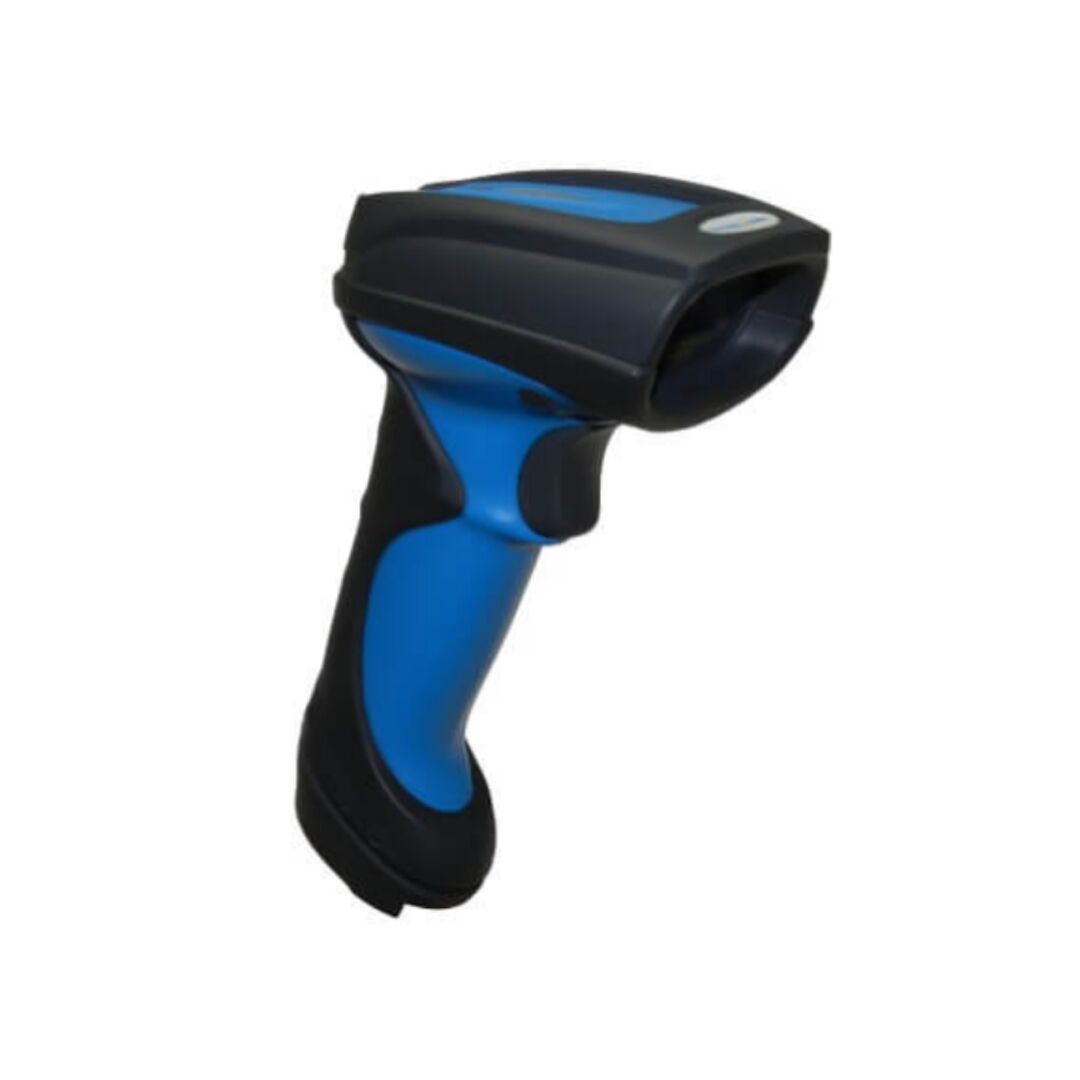Robust Barcodes Scanners Built for Industrial Needs
Robust Barcodes Scanners Built for Industrial Needs
Blog Article
Picking the Right Barcode Scanner for Your Business Requirements
Selecting the appropriate barcode scanner for your business requires a nuanced understanding of your specific operational needs and environmental problems. Variables such as scanner kind, speed, and compatibility with existing systems play a critical role in identifying the right choice.
Comprehending Barcode Scanner Types
When it involves picking a barcode scanner, recognizing the different types available is crucial for meeting particular company demands. Barcode scanners can be classified right into a number of kinds, each made for different applications and environments.
Portable scanners are one of the most usual, providing portability and ease of use, making them appropriate for retail and stock monitoring. They usually attach by means of USB or Bluetooth, providing adaptability in operation. Fixed-mount scanners, on the other hand, are made for high-volume scanning applications, frequently located in setting up lines or checkout counters. These scanners are installed in a fixed placement, allowing for fast scanning of numerous things in succession.
Another type is the mobile computer system, which combines scanning abilities with calculating power. These tools are ideal for field operations or warehouse administration, allowing information collection and real-time supply monitoring. Furthermore, there are commercial scanners that are built to endure rough environments, such as severe temperatures or exposure to dust and wetness.

Secret Attributes to Take Into Consideration
What essential features should services focus on when choosing a barcode scanner? Firstly, scanning rate is critical, as faster scanners improve functional performance, specifically in high-volume settings. The scanner's capability to check out various barcode styles is likewise crucial; guarantee it supports popular types like QR codes, UPC, and Code 128 to suit diverse inventory things.
Longevity is an additional essential feature, specifically for organizations in sturdy setups. Search for models that are constructed to stand up to drops, dirt, and moisture. In addition, think about the connectivity choices available; whether you favor USB, Bluetooth, or Wi-Fi, the best connection can improve assimilation with existing systems.

Examining Your Organization Setting
To efficiently choose a barcode scanner, services have to take supply of their specific functional setting. This assessment consists of reviewing the physical layout of the work area, the nature of the items being checked, and the typical conditions under which scanning takes place. For instance, a retail setting may need portable scanners that can promptly refine transactions at the checkout, while a storehouse setup might take advantage of ruggedized scanners developed to withstand harsher problems.
In addition, consider the volume of scanning required. High-throughput environments may demand innovative scanning technologies, such as fixed-position scanners or mobile phones that can operate effectively in busy scenarios. The assimilation capacities with existing inventory administration systems additionally play a crucial role; guarantee the selected scanner can effortlessly link with software program systems being used.
Moreover, assess the potential for growth and scalability. A scanner that meets existing needs could not be adequate as organization expands. By completely analyzing these elements, services can pick a barcode scanner that not only fulfills prompt needs however likewise supports long-term functional effectiveness and versatility. This tactical approach inevitably contributes to smoother procedures and improved productivity.
Budgeting for Your Scanner
Having Our site examined the operational atmosphere and recognized the certain demands for a barcode scanner, the next action entails mindful budgeting to make sure a smart monetary investment. Developing a budget plan begins with determining the general prices linked with the scanner, including preliminary acquisition price, operational costs, and prospective upkeep fees.
When picking a barcode scanner, consider the series of readily available options, from handheld devices to fixed-position scanners, as costs can differ considerably. It is necessary to balance expense with performance; deciding for a more budget-friendly version may bring about increased operational ineffectiveness if it does not meet your service demands.
In enhancement to the hardware, element in expenses connected to software program, training, and possible upgrades. While it could be tempting to reduce in advance expense, buying a quality scanner that aligns with your operational needs can yield long-term cost savings with enhanced performance and reduced downtime.
Lastly, think about the overall expense of possession, which incorporates the scanner's lifespan and potential resale value. By meticulously planning your budget plan, you can guarantee that your investment in a barcode scanner will improve your operational efficiency and monetary performance.
Assimilation With Existing Equipment
Integrating a barcode scanner with your existing systems is crucial for optimizing its effectiveness and making certain seamless operations. barcodes scanners. A well-integrated scanner improves operations effectiveness, decreases errors, and accelerates information handling. When choosing a barcode scanner, consider compatibility with your current software program and equipment facilities, including your stock management systems, point-of-sale (POS) systems, and venture resource planning (ERP) remedies
Examine whether the scanner uses standard methods such my website as USB, Bluetooth, or Wi-Fi, which can help with easy assimilation. Furthermore, assess whether the scanner's software program provides APIs or SDKs that permit modification and combination with exclusive systems. This is specifically essential for organizations with special operational demands.
As your organization grows, your systems should be able to accommodate extra scanners and deal with raised data quantities without significant reconfiguration. Ultimately, investing in a barcode scanner that perfectly integrates with your existing systems will yield long-lasting benefits, enhancing precision, performance, and general productivity within your operations.

Conclusion
Finally, selecting an appropriate barcode scanner necessitates an extensive assessment of different elements, including scanner kinds, crucial functions, and the particular company atmosphere. Proper budgeting for both acquisition and functional expenses is necessary, together with guaranteeing compatibility with our website existing systems. By carefully considering these components, organizations can improve efficiency and productivity, inevitably causing boosted functional results. The best barcode scanner serves as an essential device in improving processes and promoting reliable stock management.
Report this page